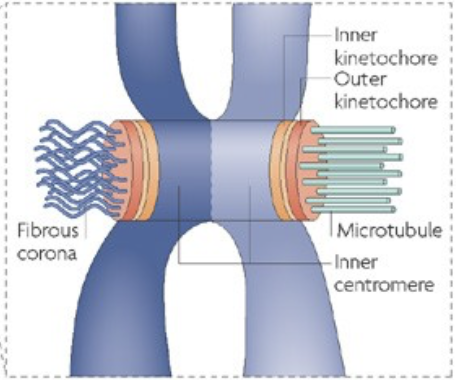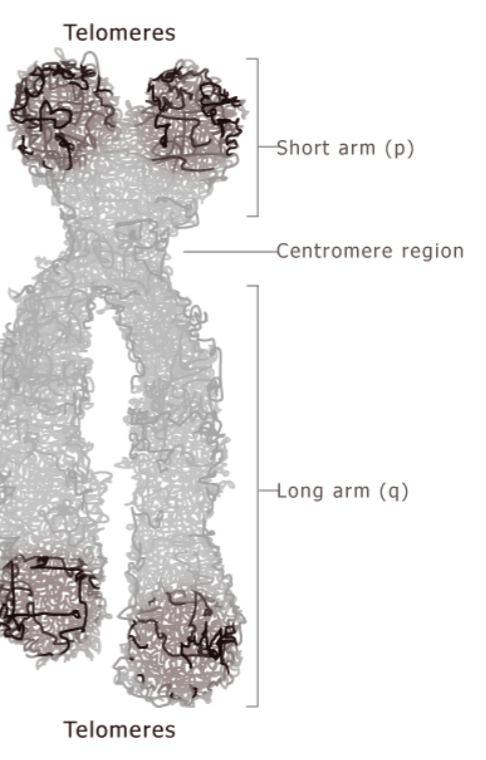DNA Genetics
1/11
There's no tags or description
Looks like no tags are added yet.
Name | Mastery | Learn | Test | Matching | Spaced |
|---|
No study sessions yet.
12 Terms
What did Griffith do in his experiment?
He in jest mice with heat with heat killed S strain bacteria which did not cause disease in mice. When R strain bacteria was combine with the heat killed S strain and injected into the mice, the mice developed pneumonia and died. He later found living S strain bacteria.
What was Griffith’s findings in his experiment?
The R strain must have taken up transforming principle and converted from the R nonvirulent into the virulent S strain.
What did Avery do in his experiment?
He took the S strain and separated the DNA and RNA and mixed these parts with the R strain to see if transformation would occur. When they added the DNA from the S strain to the R strain, the R strain transformed and became harmful.
What were Avery’s findings in his experiment
DNA was the transforming agent for Griffith’s result not RNA
What did Hershey-Chase do in his experiment?
Had 2 batches of phages; in 1 was produced 35s and the other with 32p. Each batch was used to infect a different culture of bacteria. After infection each culture was whirled in a blender removing any remaining phages. Then were spun at high speed to separate the bacteria from phage debris.
What were Hershey’Chase’s finding in the experiment?
32P is discovered and T2 phage progeny - supports DNA. 35S is NOT found in the bacteria but released with phage ghost. DNA was the genetic material.
Purine consists of:
Adenine and guanine
Pyrimidine consists of:
Cytosine, thymine, and uracil.
Euchromatin
A loosely packed form of chromatic that leads for the ease of DNA to open and be expressedetH
Heterochromatin
Condensed DNA that does not allow for the DNA to be expressed.
Kinetochore
On the chromatid where the spindle fibers attach at the center

Telomeres
End of chromatin and protects the ends of the chromosome from deterioration
